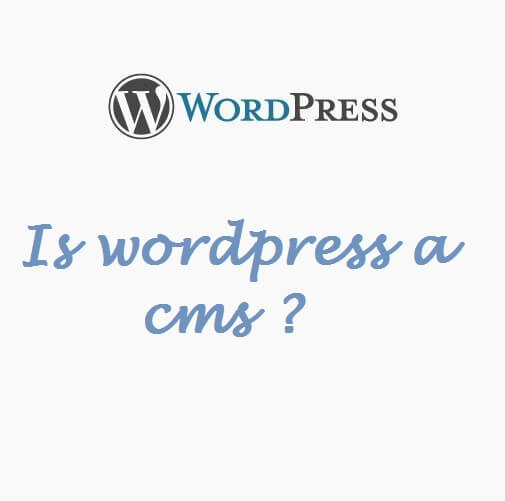WordPress is the world’s most popular Content Management System (CMS), with around 29 percent of all active websites.
With these numbers, it is no wonder that WordPress crosses the minds of those who want a CMS. Yet, WordPress is stable enough for corporate projects? This is highly scalable and can be used to create various digital experiences — but is it sufficient?
What is WordPress?
Among other items, WordPress is the world’s most popular blogging platform. WordPress is the engine that powers more than 60% of online websites using some form of Content Management System, according to a 2018 survey.
Millions of websites ranging from personal blogs to online stores, to valuable government tools, use WordPress as their essential content management tool.
The software is open-source with a plug-in and templating architecture, which facilitates the platform’s development through a broad group of developers and designers.
Although WordPress allows most websites, many do not consider it a Content Management System.
Is WordPress a CMS?
WordPress has become a popular blogging tool; there have been debates on both sides as to whether it should be listed as a Content Management System or not.
Some who think WordPress is a CMS says that the program fulfills the content management system’s primary purpose, enabling users to work with their web content without having to use comprehensive (or any) coding skills.
The statement of opposition comes primarily from the roots of the app as a forum for personal blogging. While WordPress has undergone many updates and modifications (now Version 5 is the most commonly used version). Although leading businesses have used it, many Digital Marketing specialists argue that WordPress lacks several of the abilities it requires to be described as a “true” CMS.
So we concluded, WordPress is the top CMS ( Content Management System )
